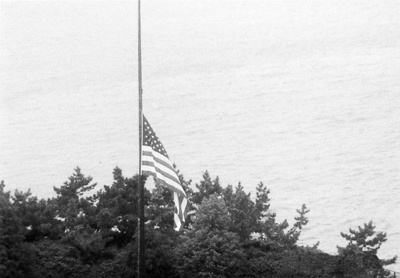All Nonfiction
- Bullying
- Books
- Academic
- Author Interviews
- Celebrity interviews
- College Articles
- College Essays
- Educator of the Year
- Heroes
- Interviews
- Memoir
- Personal Experience
- Sports
- Travel & Culture
All Opinions
- Bullying
- Current Events / Politics
- Discrimination
- Drugs / Alcohol / Smoking
- Entertainment / Celebrities
- Environment
- Love / Relationships
- Movies / Music / TV
- Pop Culture / Trends
- School / College
- Social Issues / Civics
- Spirituality / Religion
- Sports / Hobbies
All Hot Topics
- Bullying
- Community Service
- Environment
- Health
- Letters to the Editor
- Pride & Prejudice
- What Matters
- Back
Summer Guide
- Program Links
- Program Reviews
- Back
College Guide
- College Links
- College Reviews
- College Essays
- College Articles
- Back
We the Students
We the students in order to form a more perfect union, must establish where the line will be drawn when our first amendment rights are at hand. The question is what exactly is too far when monitoring an individual’s internet content. We have the right to freedom of speech and freedom of the press; however, with the technology we have today, stories, rumors, pictures, and jokes can be spread across the globe instantly. A picture of someone’s face can be turned into a meme and turn viral within seconds. Having this kind of tool we have at our fingertips can be dangerous not only to the person doing to posting but also to the person being posted about. Another reason why our internet might be monitored is because it is an easy way to catch criminals. There are many reasons why it might be appropriate for the internet to be monitored or censored, but at what point are our rights and freedoms being infringed upon?
Although there might be many reasons for the government to censor our internet, there is one reason that trumps any of those reasons. Our first amendment right alone can simply validate why an individual’s internet should not be monitored. The first amendment states that Congress shall make no law respecting an establishment of religion, or prohibiting the free exercise thereof; or abridging the freedom of speech, or of the press; or the right of the people peaceably to assemble, and to petition the Government for a redress of grievances. It may make it easier to catch criminals and stop crimes before they happen, but if we allow this then where does it stop? If the government is allowed to have unrestricted access to an individual’s internet for the purpose of catching crimes, then what is stopping them from invading our other rights to privacy?

Similar Articles
JOIN THE DISCUSSION
This article has 0 comments.
